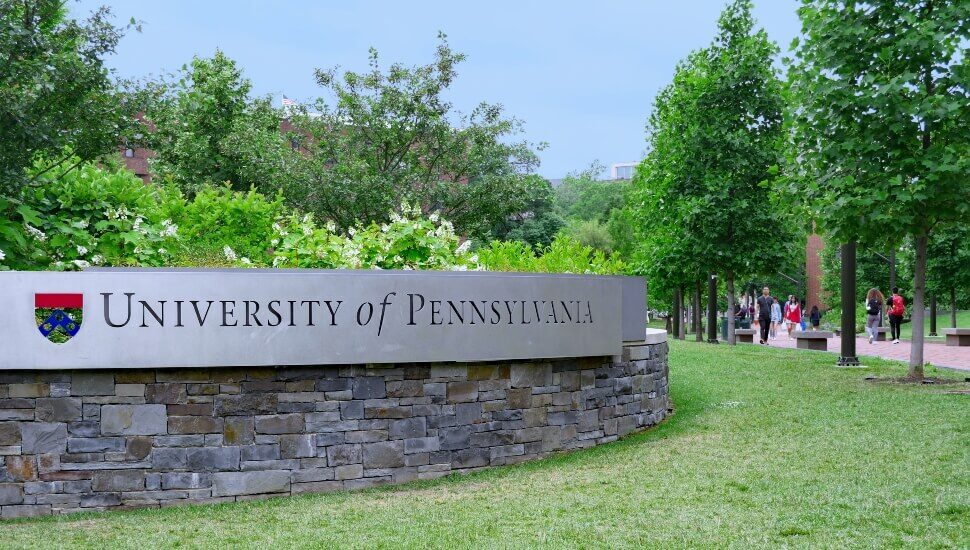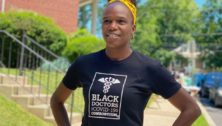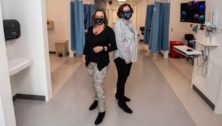Penn Likely to Be Top Research Institution for Licensing Revenue, Thanks to Abington Resident

The University of Pennsylvania is likely to once again be on the top among U.S. research institutions for licensing revenue, thanks to COVID-19 vaccines lead by Abington scientist Katalin Karikó, writes Harold Brubaker for The Philadelphia Inquirer.
In the fiscal year that ended June 30, 2021, Penn reached the number-one position with licensing revenue of $310 million. That in itself was a huge number, according to Stephen J. Susalka, CEO of AUTM, a trade group that collects licensing data, and it more than doubled the next-highest reported licensing revenue.
But next year’s report will be even more impressive. For fiscal 2022, Penn will report a haul of over $1 billion in licensing revenue. The overwhelming majority of this revenue will come from the university’s development of technology used in COVID-19 vaccines.
The number was ascertained using publicly-available information since Penn officials have said that they cannot share precise figures due to confidentiality agreements with Pfizer-BioNTech and Moderna.
Penn’s licensing revenue could also be buoyed in case new medications hit the market using the technology originally documented by Abington biochemist Katalin Karikó and immunologist Drew Weissman in 2005.
Read more about the University of Pennsylvania’s licensing revenue in The Philadelphia Inquirer
______
This is the story of how two Penn scientists became mRNA vaccine pioneers, helped develop the first COVID vaccines from Pfizer-BioNTech and Moderna, and are changing the future of medicine.
For years, Katalin Karikó, PhD and Drew Weissman, MD, PhD worked in their Penn Medicine lab, trying to figure out what made mRNA so inflammatory. They did experiment after experiment, examined the data, and refined their approach based on the results. Then in 2005, they discovered the solution they were searching for: By encapsulating the mRNA in a certain lipid, it prevented inflammation and allowed the fragile mRNA to go to work without interference.
When the COVID-19 pandemic hit, it propelled Karikó and Weissman’s mRNA technology into the mainstream, where it became the foundation for two COVID vaccines. The critical discovery and success of the COVID vaccines kicked off a flurry of mRNA vaccine research, had has led to the development of vaccines for conditions like HIV, herpes, sickle cell anemia, influenza, peanut allergies, and even cancer.
Karikó and Weissman have received the world’s most prestigious awards for their discovery, including the Lasker-DeBakey Clinical Medical Research Award, the Breakthrough Prize and the Albany Medical Center Prize in Medicine and Biomedical Research.
Join Our Community
Never miss a Delaware County story!
"*" indicates required fields



























![95000-1023_ACJ_BannerAd[1]](https://delco.today/wp-content/uploads/sites/3/2023/03/95000-1023_ACJ_BannerAd1.jpg)



